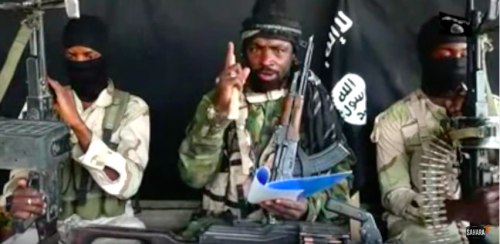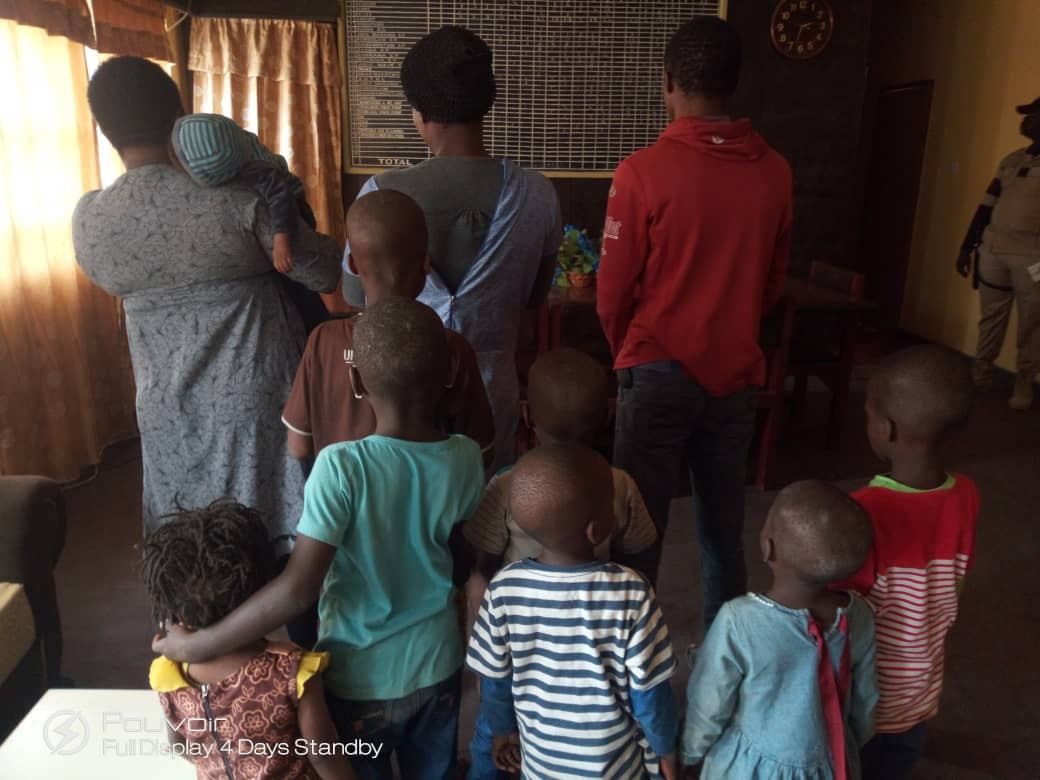RESURGENT BOKO HARAM ATTACKS:Urgent need to revisit security strategies (1)

Over the last few months, there has been a rise in attacks by the Boko Haram terrorist group in the North East. More worrying is that in some cases, these attacks have been successful, with Boko Haram overwhelming security forces, even taking some captives in the process. Many of these attacks are suicide attacks targeted at Maiduguri with the University of Maiduguri coming under a serious and concerted threat, perhaps for the first time. This has led the authorities to dig a two metre trench around the school, heightening fears about a renewed resurgence of Boko Haram, a narrative which calls for close scrutiny of security strategies.
To describe the terror group’s recent attacks as a “resurgence” risks misrepresenting the nature of both the conflict and an enemy that has proven considerably resilient. In the course of 2015, the Nigerian military recorded important successes in dislodging the insurgents from areas where they had previously seized control. In response, Boko Haram made a tactical shift that saw it switch emphasis from fighting to capture territories to guerrilla-style hit-and-run attacks and increased its campaign of suicide bombings against soft targets. Now, the group is not re-surging so much as it is adapting itself to its own strengths and weaknesses as well as those of its enemy.
It is a dangerous position for the government to base critical decision making on a wrong frame and propaganda value of actions and information. It is even more dangerous when these decisions have a direct bearing on the lives or deaths of Nigerians. The army’s Chief of Staff has reacted with a now familiar pronouncement – giving an ultimatum to the forces on ground to capture Shekau, while the Acting President directed the military leadership to relocate to Maiduguri, an order which must be borne in mind, was given to the military top brass in 2015 upon the assumption of office by the current administration.
It is important to review the timeline of events that have led up to this resurgence. It is also important to look at Nigeria’s recent history to determine when the Nigerian army has been most successful against Boko Haram and what lessons we can learn and replicate in order to turn the tide against the terrorists.
The most successful period in the fight against Boko Haram began in February 2015 and continued into October 2016. When we consider that the first half of this period of success was under a People’s Democratic Party (PDP) government, and the second under the current All Progressives Congress (APC) administration, this indicates that the party occupying Aso Rock is not necessarily the most important factor. What is common to both periods was a determination, for various reasons, by the occupants of Aso Rock, to beat the terrorists within a clear window of opportunity. Such a determination drove a focused approach which delivered results, changed facts on the ground and bolstered a narrative that the insurgents were not invincible but beatable.
So what were the factors that aligned to cause the temporary march to victory? We only need to look back to the period preceding the victories to answer this.
Genesis of the problems
Morale amongst the troops was low. Welfare and provisions at the frontlines were abysmal. Troops complained of the insurgents possessing superior firepower and many deserted as a result rather than fight the insurgents.
On the territorial front, there was very little cooperation between Nigeria and its neighbours in the fight against Boko Haram, with each country surrounding the Lake Chad region either prosecuting the fight on their own, or choosing to turn a blind eye to Boko Haram forward bases in their territory in return the insurgents refraining from attacks in their territory.
Also, cooperation between the Nigerian Army and the residents of the areas under threat was negative, with regular reports of human rights abuses on the part of the military. This essentially hampered the ability of the security forces to leverage the local knowledge bank available to gather intelligence and provide early warning on insurgent movements. Many residents reported multiple situations where despite reports of insurgent activity, the military response was anything but urgent and effective, the Chibok Girls kidnap frequently mentioned as a prime example.
This distrust was mutual, as the security agents accused some of the residents of providing support and intelligence on troop movements to the terrorists, pointing to instances of well-targeted ambush operations by Boko Haram. Multiple announcements by the military of “Killing Shekau” did not help in building trust as well.
The politicisation of the insurgency by the then opposition APC, and the siege mentality it created in the then ruling PDP, contributed to bad decision making on the part of the sitting government, which translated to the poor performance of troops in the anti-insurgency operations in the North East. The direct measures taken in the build up to the 2015 elections addressed these issues and more.
First, there was a clear mandate, backed by political will and focus to deliver victory to ensure that elections were conducted peacefully in the affected parts of the country; and after the APC government took over, to ensure that the campaign promises of the new government were delivered. Troop morale was boosted with payments made on time, and improvement in logistics and equipment made available in the frontlines -including improved air support.
Secondly, following President Buhari’s shuttle diplomacy around the Lake Chad region, there was improved cooperation and coordination amongst the countries in region comprising Nigeria, Cameroon, Niger and Chad Republic to jointly fight the Boko Haram insurgents, including a strategic hot pursuit agreement. This greatly reduced the availability of places the insurgents could retreat to, as well as their general mobility in the region.
Third, the Nigerian Army went on the offensive, as opposed to the previous approach of reacting and attempting to mount a defence when the insurgents attacked. This saw the insurgents driven out of towns and villages they had previously taken and even saw a push into their Sambisa Forest strongholds. Constantly keeping the enemy on the back foot in this manner was crucial in not only winning back territory but in securing them to the point where residents began to return home.
Fourth, in this period, a closer working relationship was forged between the military and the Civilian JTF comprising of indigenes whose local knowledge proved to be a invaluable intelligence base, and a solid bridge of trust began to appear between residents and the military. The improvement and focus on the welfare of the IDPs in this period also provided another trust building avenue between both the civilian and military efforts to counter Boko Haram.
Unfortunately, many of these measures have been all but abandoned in the last few months. This combined with other developments, have allowed the insurgents regroup, retool and renew their attacks.
…SBM Intelligence is a research organisation based in Lagos







